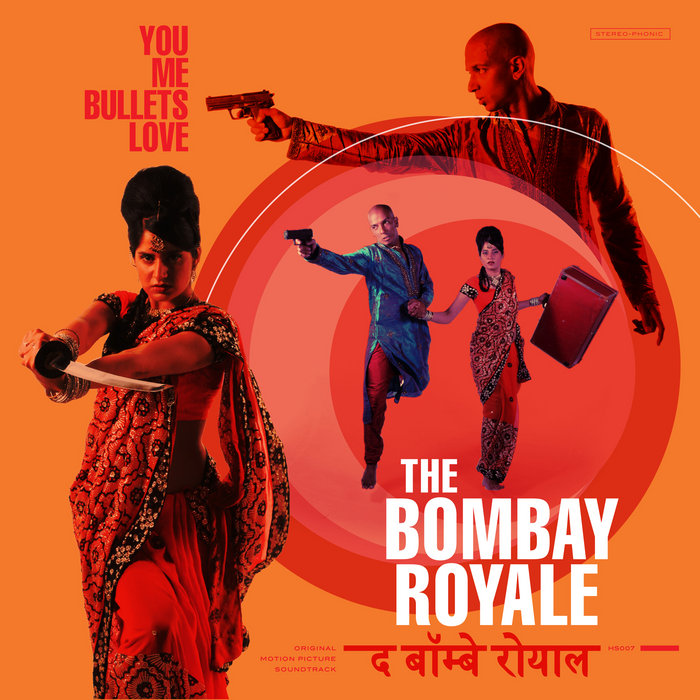
You Me Bullets Love – The Bombay Royale
this blog is GROOVY – check out great Soul, Funk, Jazz, Hip Hop, Bass, Breaks , Reggae, House n many more TUNES
Hey there, music lovers! Buckle up as we take a wild ride through the vibrant world of cinematic music. You know the stuff—those sweeping scores and catchy jingles that bring your favorite movies to life. We’re diving deep into its history, some cool facts, and a few laughs along the way. Let’s hit it!
It all began in the early 20th century when films were mostly silent—yes, you heard that right! Back then, cinemas featured live musicians playing piano or small ensembles to set the mood. Imagine watching Charlie Chaplin dodging trouble with only an awkward silence around him!
As sound technology took off with “talkies” in the late 1920s, filmmakers realized they could amplify emotions using orchestral scores. Cue Max Steiner—the maestro behind Gone with the Wind (1939)—who’s often credited as one of the first to create what we now call film scoring.
Let’s chat about those silent films for a sec—can you picture them without those hilarious soundtracks? They’re like peanut butter and jelly; they just go together! Musicians would improvise based on what was happening onscreen. One moment there’d be soothing melodies for romantic scenes and then dramatic tunes as someone slipped on a banana peel (classic!).
Fun Fact: Some pianists would even use their imaginations to come up with silly names for their pieces while performing live—for example, “The Cat Who Stole My Hat.” Talk about thinking outside the box!
The 1930s-1960s marked cinema’s Golden Age where composers like Bernard Herrmann (Psycho) and Dmitri Tiomkin (High Noon) became household names. Horns blared triumphantly while cellos moaned dramatically—it was glorious! Films started seeing original scores composed specifically for them instead of generic classical music slapped on top.
Meanwhile, Hollywood began tapping into big orchestras full of talented musicians who could make hearts race or break at will—you know you’re in good hands when you have strings involved!
Funny Tidbit: Herrmann once famously had a bit too much fun experimenting at work. He decided to record his score for Psycho not just with traditional instruments but also included some unexpected sounds like slamming doors and bird calls—not exactly Mozart-level refinement!
Fast forward to the late ’70s/early ’80s—the era when synth bands took over everything from disco parties to space operas! John Williams blasted onto everyone’s radar with his iconic compositions for Star Wars, proving that epic themes are essential—even if they’re not made by rock gods.
From then on, film music got even cooler–cue Hans Zimmer stealing hearts (and Oscars) left and right—with memorable works from The Lion King, Inception, & more making audiences cheer louder than at sports games.
Quirky Fact: Did you know Zimmer recorded part of “Circle Of Life” using actual lion roars? Just kidding… well sort-of; he used animal sounds but spared us from real-life lions crashing studio sessions!
And here comes blending genres—we still get grand orchestras alongside tantalizing electronic elements today which keeps listeners guessing how ‘next level’ cinematic can get! Think about how edgy films like Blade Runner incorporated jazz influences or Tim Burton flicks that paired spooky vibes with whimsical melodies.
All these years later, moviegoers bust out crying during emotional scenes—all thanks to our beloved composers pouring their souls into every note.
Cinematic music is more than mere background noise; it’s an art form unto itself—a language shared between storytellers and listeners alike. Each composer adds unique spice contributing layers upon layers enriching our visual experiences.
So next time you’re munching popcorn at your local theater or streaming something cozy at home on your couch don’t forget those musical legends behind all those heart-thumping tunes—they deserve your ooh’s-and-aah’s just as much as that leading actor!
Next time your friends ask why you’d rather listen to movie soundtracks than pop hits think back – after all who else allows musicians like Danny Elfman (think creepy yet captivating) explore realms only fit for mischievous ghouls?
Now go enjoy some cinematic magic – maybe even rewatch an old classic tonight—and crank up that soundtrack while pretending you’re conducting an orchestra in front of your TV… because let’s face it—what else do people do during quiet moments anyway?

You Me Bullets Love – The Bombay Royale
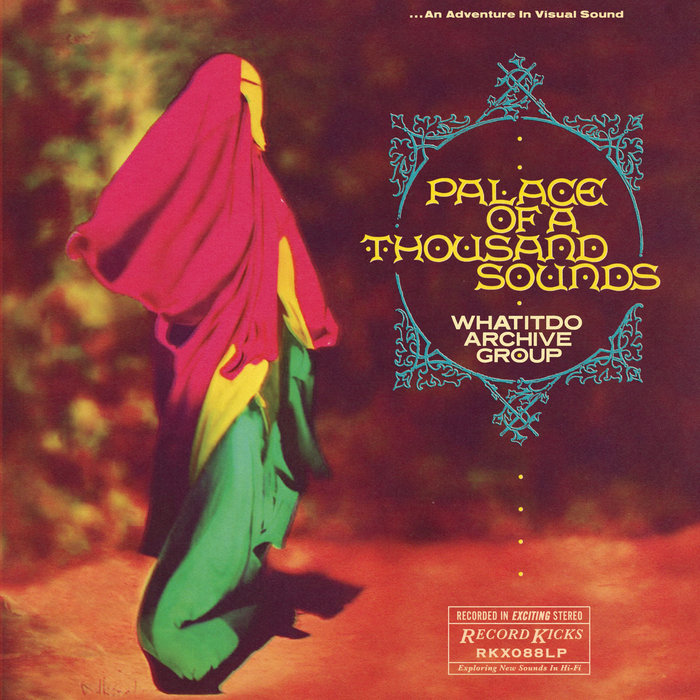
The Cashmere Chamber – Whatitdo Archive Group
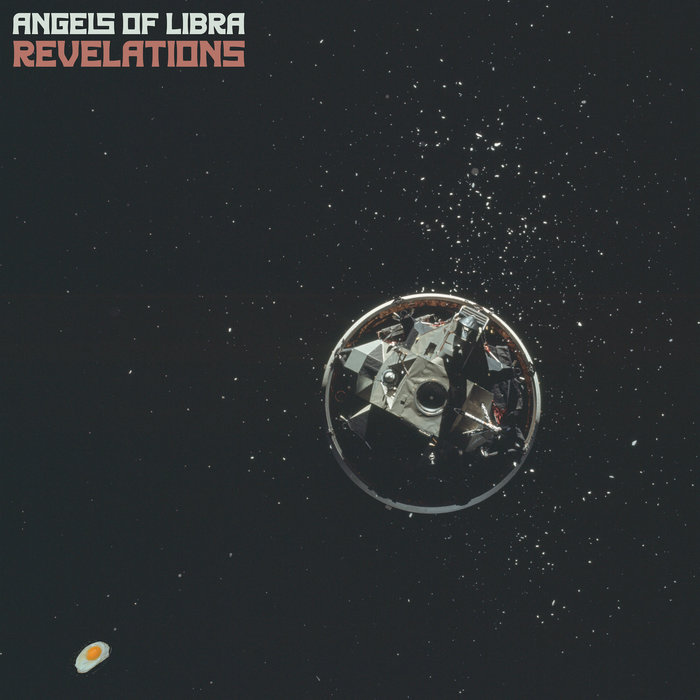
Revelations – Angels of Libra (feat. Nathan Johnston)
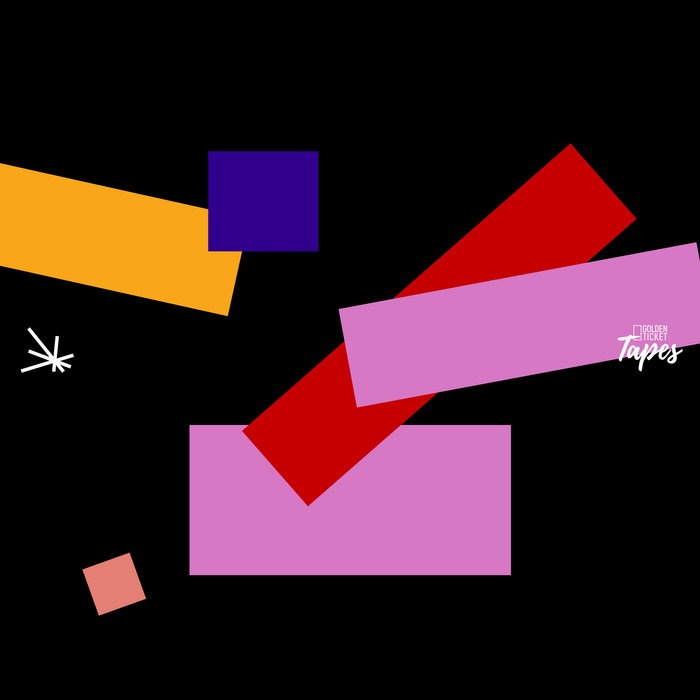
Laura Llorens & The Shadows Of Love – All Or Nothing (Fed Nance Soul Treat) – Golden Rules
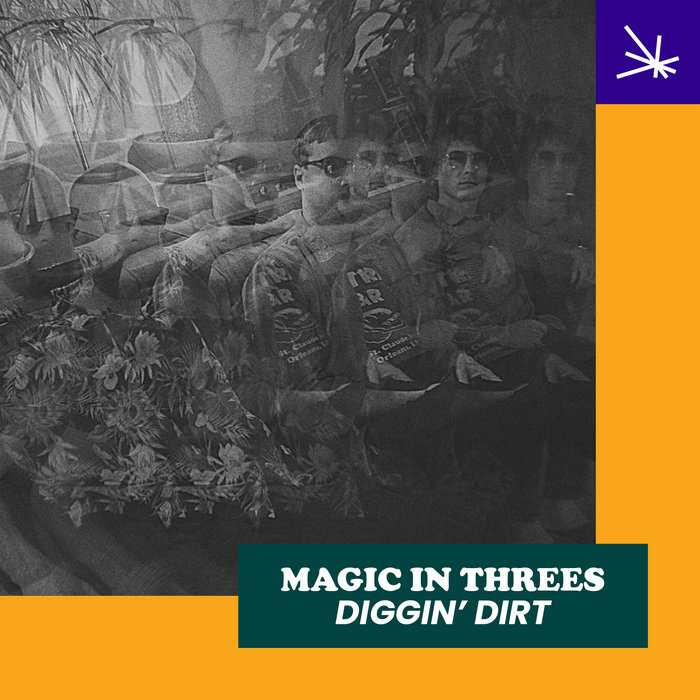
Magic In Threes – Diggin’ Dirt – Golden Rules
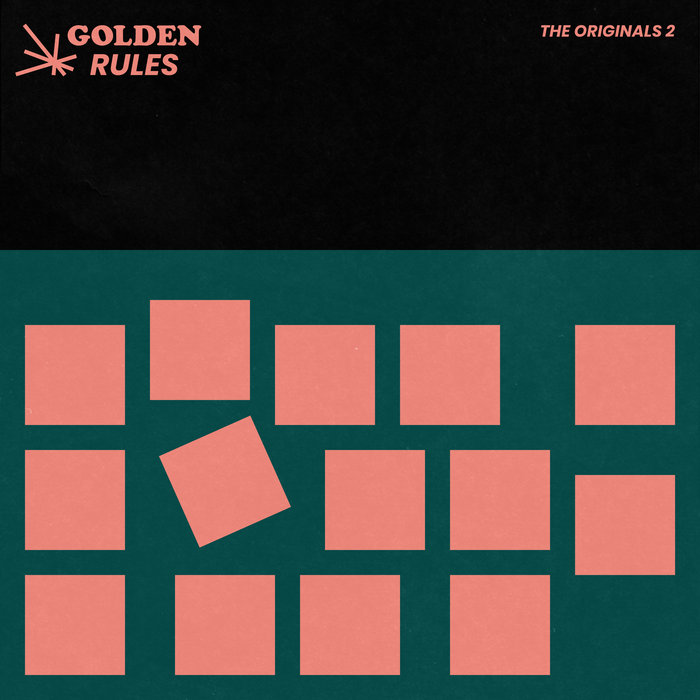
The Blaxound – Plata O Plomo – Golden Rules
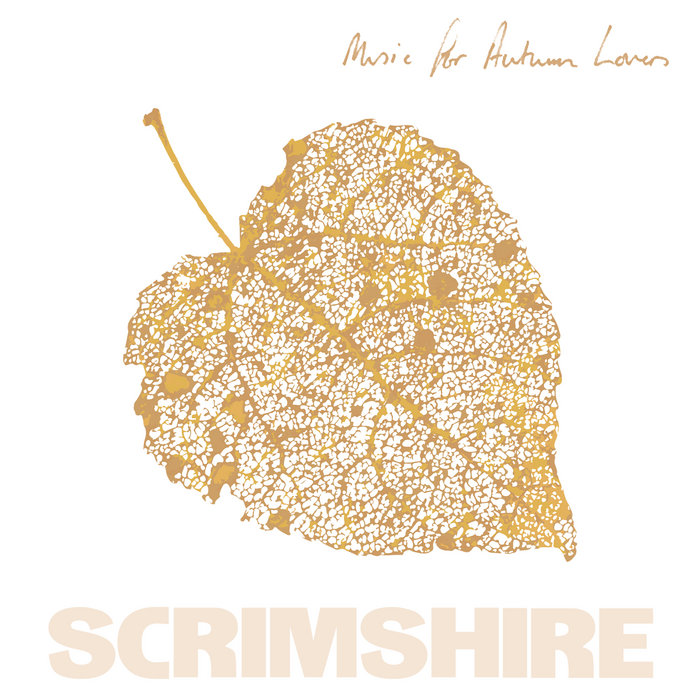
Sweet Chestnut – Scrimshire
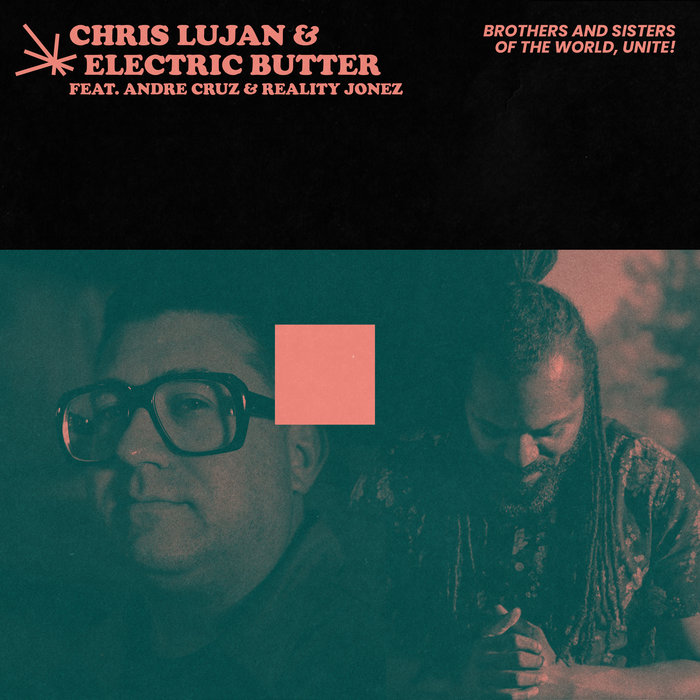
Chris Lujan & Electric Butter feat. Andre Cruz & Reality Jonez – Brothers and Sisters Of The World, Unite! – Golden Rules
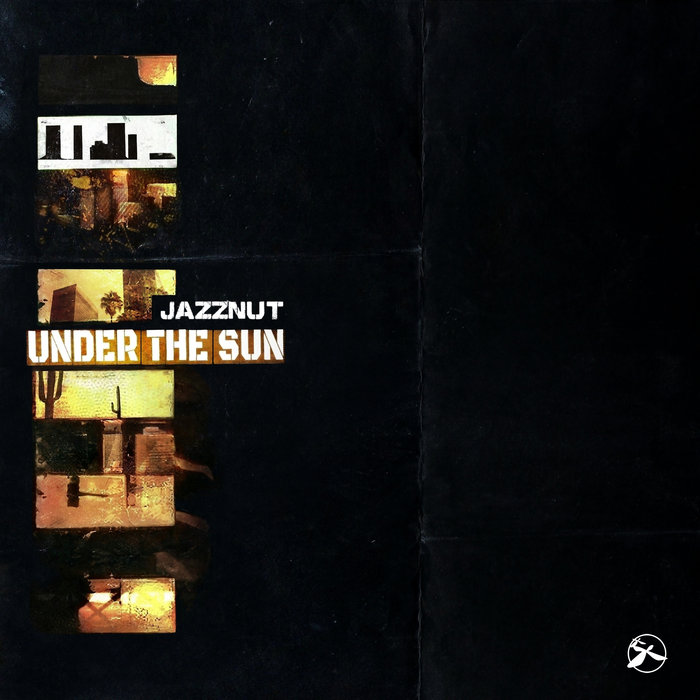
Keep Moving – Timewarp Music
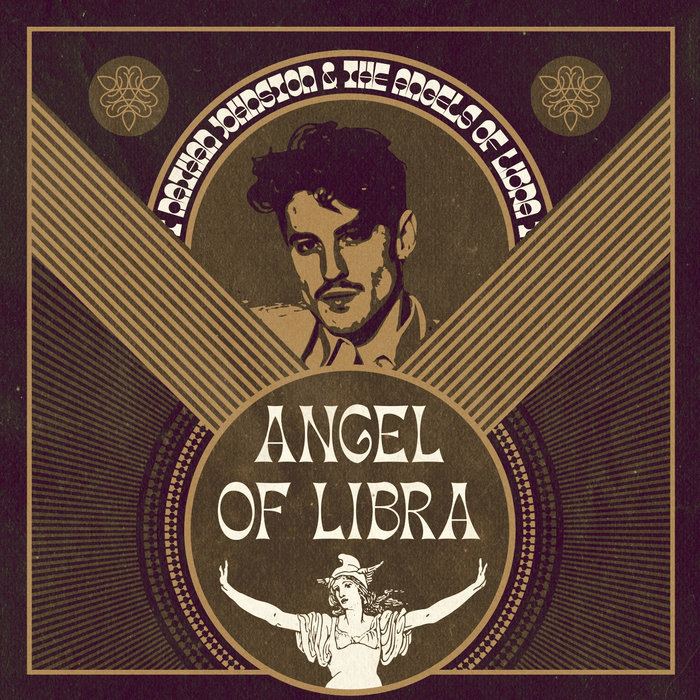
Angel of Libra – Angels of Libra